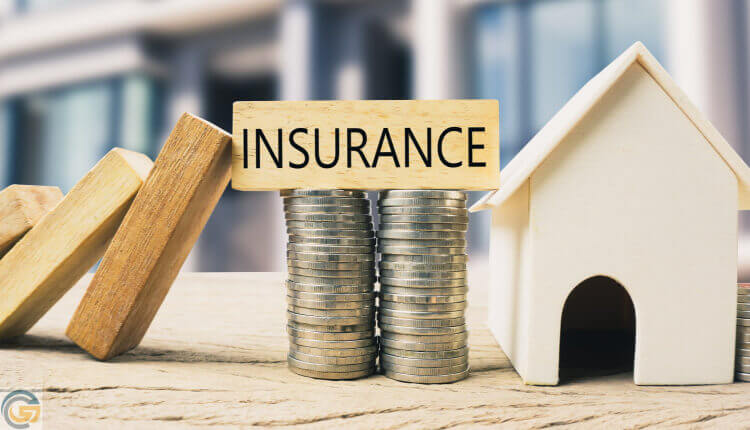Private Mortgage Insurance on Conventional Loans
This blog will cover private mortgage insurance on conventional loans. FHA loans require a 1.75% one-time upfront mortgage insurance premium and a 0.85% annual FHA MIP for the duration of a 30-year fixed-rate loan.
The mortgage insurance cannot be canceled unless the borrower refinances and pays off their mortgage. Per Fannie Mae and Freddie Mac, Private Mortgage Insurance on conventional loans, Fannie Mae guidelines on conforming loans only require private mortgage insurance (PMI) for borrowers with less than 20% equity. Any conventional loan higher than 80% LTV will require private mortgage insurance. In the following paragraphs, we will cover private mortgage insurance on conventional loans.
Private Mortgage Insurance on Conventional Loans and How It Works
Mortgage insurance cannot be canceled on 30-year fixed-rate FHA loans. Even if homeowners have more than 20% equity, HUD requires mortgage insurance for the loan term. This is not the case with Conventional loans.
How Much Do I Put Down on Home Purchase To Avoid PMI?
On conventional loans, Fannie Mae and Freddie Mac Private Mortgage Insurance allow PMI to drop off when the mortgage meets the minimum equity requirements.
FHA MIP is fixed at 0.85% of the loan balance, no matter the borrower’s credit score. However, the PMI gets more expensive with conventional loans for lower credit scores. The higher the risk by the lender, the more expensive the PMI is.
Is PMI Required at 80% LTV?
Lower credit scores mean higher-risk borrowers. The PMI rate we found for a 97% LTV 740 FICO borrower is $130 on a $400,000 loan balance. However, the PMI is $350 for a 97% 630 FICO borrower.
There is a big difference in PMI for lower credit score borrowers. For borrowers affected by Hurricane Matthews, there will be lower PMIs until October 2019.
Understanding Private Mortgage Insurance on Conventional Loans
Private mortgage insurance on conventional loans makes homeowners possible for homebuyers putting less than a 20% down payment. Due to private mortgage insurance, lenders can offer conventional loans at a 3% to 5% down payment to homebuyers at competitive mortgage rates. Michael Gracz, a private mortgage insurance expert, said the following:
MANY people want to know of a way to completely avoid PMI. The truth is that for 60 years, PMI has helped American’s grow our homeownership rate by helping families get into homes sooner. As mentioned the new programs only require a 3% down payment! Fannie and Freddie can offer these programs because PMI is protecting taxpayers and the government from mortgage credit risk.
Alex Carlucci, a conventional loan expert, added:
PMI offers unparalleled risk protection to Fannie and Freddie. By design, PMI promotes stability because coverage agreements with lenders require full underwriting and it stands in front of the government in a so-called “first-loss position” (different from most other forms of credit enhancement). Every dollar paid by PMI to cover losses is a dollar the government — and therefore taxpayers — don’t have to pay. The Urban Institute recently found Conventional loans with PMI have a 40 percent lower loss-severity rate than loans without PMI. It also noted that for nearly 20 years, conventional loans with PMI have revealed lower loss severity each origination year. Since both Fannie and Freddie entered conservatorship, the PMI industry has covered more than $50 billion in claims, which represents 100 percent of valid claims since the financial crisis — 97 percent paid in cash and the remainder due overtime.
Who Benefits From Private Mortgage Insurance?
The borrower pays Private Mortgage Insurance. Homeowners have zero benefits from PMI, although they pay for it. Lenders benefit from mortgage insurance protection paid for by borrowers.
Due to private mortgage insurance on conventional loans, borrowers can qualify for conventional loans with less than a 20% down payment. Without PMI, Fannie Mae and Freddie Mac’s first-time homebuyer programs would not be possible. All homebuyers with a 20% or less down payment need to purchase PMI on conventional loans.
Benefits of Conventional PMI Versus FHA MIP
PMI protects lenders if the borrower defaults on their mortgage loan and the property go into foreclosure. The PMI company will partially guarantee and insure the lender against the loss sustained in the foreclosure. PMI is not required for the whole term on conventional loans.
Per private mortgage insurance mortgage guidelines, once a homeowner reaches 78% LTV, the PMI has terminated automatically. Once a homeowner is at 80% LTV, they can request that the PMI be canceled. For more information about this and other mortgage-related topics, please contact Gustan Cho Associates at 800-900-8569 or text us for a faster response. Or email us at gcho@gustancho.com.
This blog on private mortgage insurance on conventional loans was updated on December 7th, 2022.

